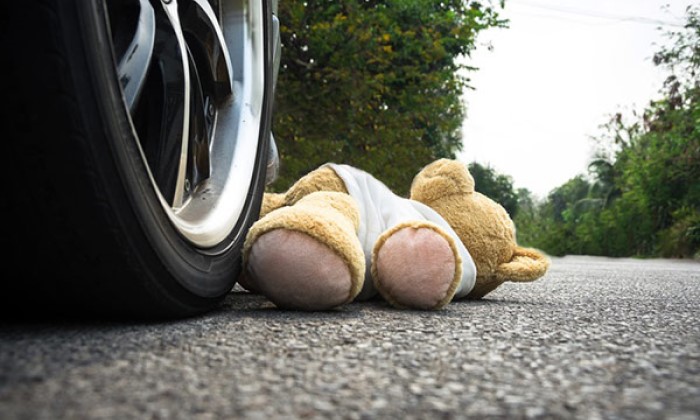
The moment you hear that your child has been involved in a car accident can be among the most terrifying moments in a parent’s life. It’s an experience that’s impossible to prepare for fully, yet knowing the right steps to take can make all the difference. The trauma might be intense, but having a guideline can help ease the process. This article will walk you through the critical measures to consider if you ever find yourself in such an unfortunate situation.
Ensure Their Immediate Safety
The first and most important step is to ascertain your child’s safety. If they call you from the scene, advise them to stay inside the car unless it’s unsafe due to factors like smoke or a potential fire. Instruct them to turn on their hazard lights, especially if it’s dark or visibility is poor. If they are injured, even slightly, they should avoid moving unnecessarily and wait for medical assistance.
Contact Emergency Services
Your child might be too shaken up to think clearly. Ensure they call 911 immediately after the accident, particularly if there are injuries. Prompt medical attention is vital, even if injuries seem minor, as some might only manifest symptoms later. It’s also essential for a police report to be filed, as it may be required by insurance companies and for any potential legal processes.
Gather Relevant Information
If your child is in a condition to do so, advise them to collect information from all parties involved. This includes names, contact details, driver’s license numbers, insurance information, and license plate numbers. They should also note the make and model of the vehicles involved. Witnesses can provide invaluable accounts during investigations, so if there are any present, their contact details should be collected as well.
Document the Scene
With the prevalence of smartphones, taking pictures of the accident scene has become much easier. Your child should photograph the damages to all vehicles, the position of the cars, any skid marks, and the general environment. This visual documentation can be instrumental for insurance claims and in cases where there are disputes about the accident’s circumstances.
Navigate the Insurance Maze
The approach to insurance claims varies based on whether the state you’re in operates under at-fault or no-fault laws. In at-fault states, the driver responsible for the accident is liable for the damages. In no-fault states, each driver’s insurance covers their own losses, regardless of who caused the accident. It’s crucial to understand the rules specific to your state, as they will directly influence the claims process.
Seek Medical Attention
Even if your child feels alright after the accident, it’s a good practice to have them examined by a medical professional. Some injuries, like concussions or internal traumas, might not be immediately evident. Besides ensuring their well-being, having a medical record post-accident can be crucial if legal or insurance issues arise later on.
Emotional and Psychological Support
The physical aftermath of an accident is evident, but emotional scars may lurk beneath the surface. After ensuring the physical safety and health of your child, addressing their psychological well-being is paramount. Car accidents can be traumatic, leading to feelings of anxiety, fear, or even guilt. It’s vital to create a space where your child feels safe to express these emotions. Professional counseling or therapy might be beneficial, helping them process the event and any associated feelings. Encouraging open communication within the family can also provide much-needed comfort. Remember, emotional healing is as crucial as physical recovery.
Consult with an Attorney
If there are disputes regarding the accident, or if your child suffers significant injuries, you might consider consulting an attorney. Especially in at-fault states, determining liability can become complex. A knowledgeable attorney can help guide you through the legal maze, ensuring your child’s rights are protected and that they receive any compensation they might be entitled to.
No parent wants to think about their child being involved in a car accident. Yet, understanding the appropriate steps to take if it does happen can provide some peace of mind. The immediate aftermath of an accident can be chaotic, but with calm, informed decisions, the recovery process, both physically and emotionally, can be smoother for both you and your child.





